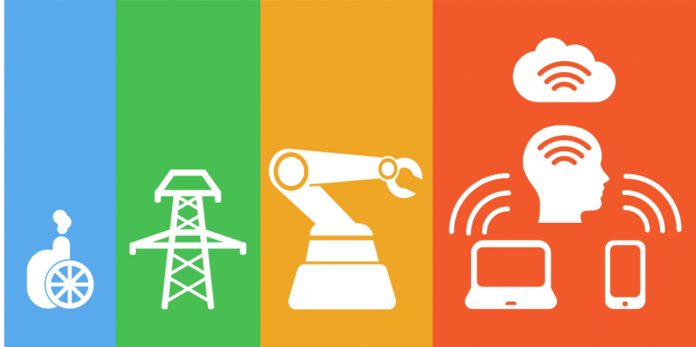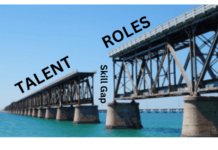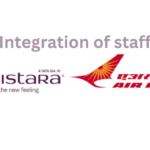Most executives are not confident enough about being in possession of the right talent to succeed in Industry 4.0.
From steam power to electricity and mass production and then the Internet driving the three industrial revolutions so far, respectively, the fourth one has already come knocking. The definitions for Industry 4.0 can be many, but the change it portends at its core is the marriage of physical and digital technologies, such as analytics, artificial intelligence, cognitive technologies and the Internet of Things (IoT).
Industry 4.0 signifies the fourth in a series of industrial revolutions, which are characterised by their ability to transform economies, jobs and even society itself through the introduction of new technologies and processes.
However, are the leaders of businesses and government agencies ready to harness the full potential of Industry 4.0? And more importantly, how are executives readying their current talent strategies and workforces for the changes Industry 4.0 will bring? Where will new talent come from? That’s the primary question explored in a recent Deloitte Global Survey that sought to measure business and government readiness for the Fourth Industrial Revolution—or ‘Industry 4.0.’
Surprisingly, the Survey reveals that talent remains low on the list of priorities for most executives. They are not confident about possessing the right talent to be successful in Industry 4.0. They say they are doing all they can to build the ideal workforce, but their responses show that talent remains low on their list of priorities.
Only a quarter of executives are highly confident that they have the right workforce composition and the skill sets required for the future. However, talent and HR are relatively low priority (17 per cent), despite 86 per cent of executives saying they are doing everything they can to create a better-prepared workforce for this new era.
The Survey that polled 1,600 C-level executives across 19 countries, coupled with select interviews, states that many jobs and required skills will change dramatically, though it may be too early to say how, or to what degree. There are two fundamental drivers that executives can consider when trying to anticipate the changes: technology—robotics and cognitive/AI)—and the changing workforce —gig economy, crowdsourcing, and so on.
The Survey reveals that talent remains low on the list of priorities for most executives. They are not confident about possessing the right talent to be successful in Industry 4.0. They say they are doing all they can to build the ideal workforce, but their responses show that talent remains low on their list of priorities.
The Survey reveals that only seven per cent of executives consider their organisations highly capable of planning for and addressing the effects that technology-driven changes have on their organisational structures and employees. “Industry leaders and academics envision more collaborative jobs between humans and robots,” the Survey mentioned. While we typically hear about the danger of low-skilled jobs being supplanted by technology, the reality is that practically every skill level will be affected.
Hitachi Vantara’s CEO, Brian Householder too admitted, “The value add of the human worker will focus on essentially enduring human skills, such as supervision, creativity and emotional intelligence.”
Furthermore, 61 per cent of the survey respondents anticipate that their organisations’ workforces will trend more toward contractual, temporary and/ or ad hoc employees. This new type of worker–employer relationship will create both opportunities and challenges to navigate.
Based on interactions with executives and leaders, the Survey suggests that in light of these changes, organisations are now seeking to make navigational skills part of their culture. The executives are focussing not so much on the transformation of current educational institutions but on a disruption in the approach to learning— that is, it is no longer about formal education, but about an ongoing process of continually acquiring new skills and knowledge.
Ultimately, it is a culture of constant learning and adapting to the workforce changes that will help businesses grow in such uncertain times.
Value our content... contribute towards our growth. Even a small contribution a month would be of great help for us.
Since eight years, we have been serving the industry through daily news and stories. Our content is free for all and we plan to keep it that way.
Support HRKatha. Pay Here (All it takes is a minute)





































Pl mail me the article